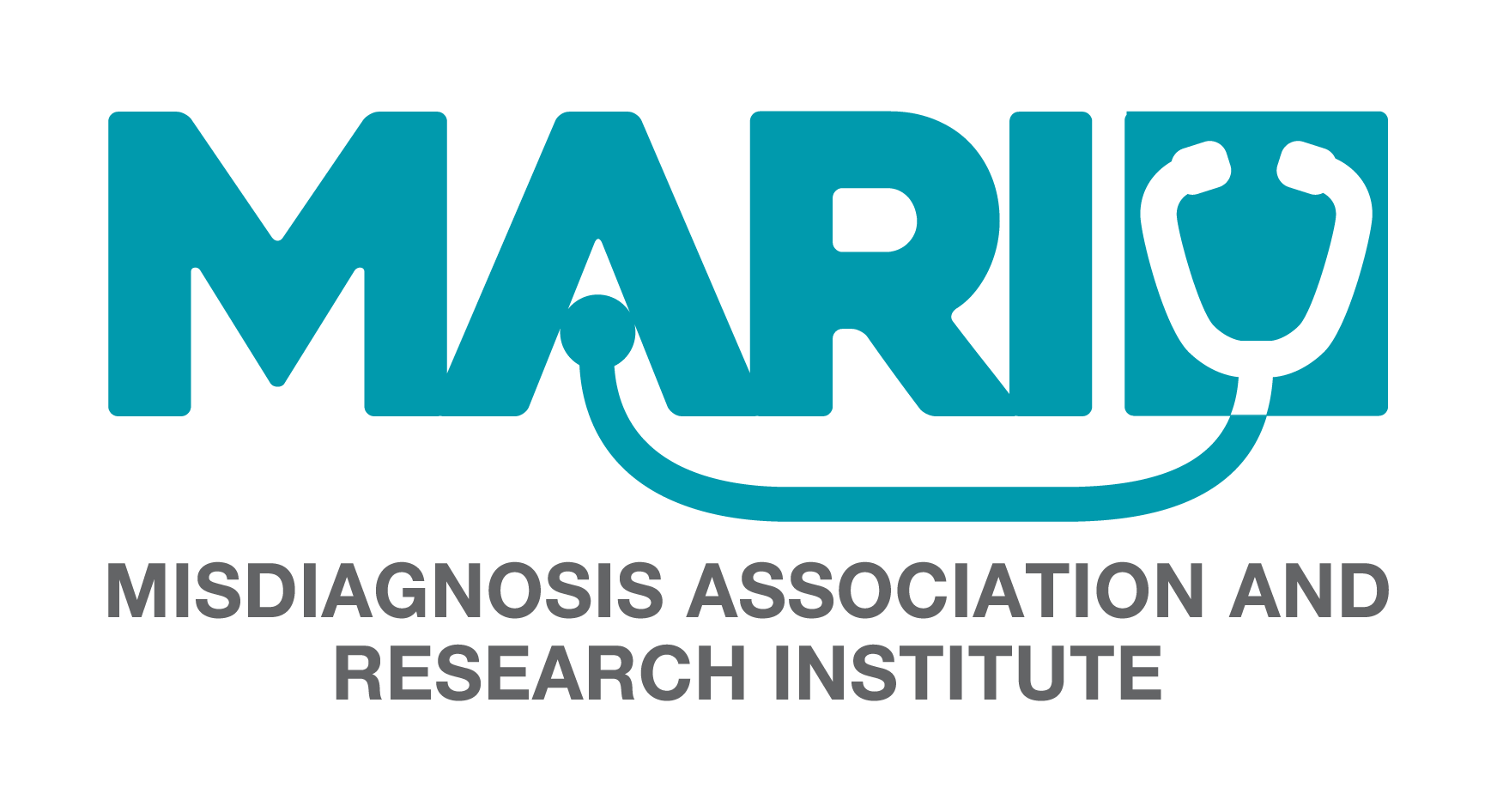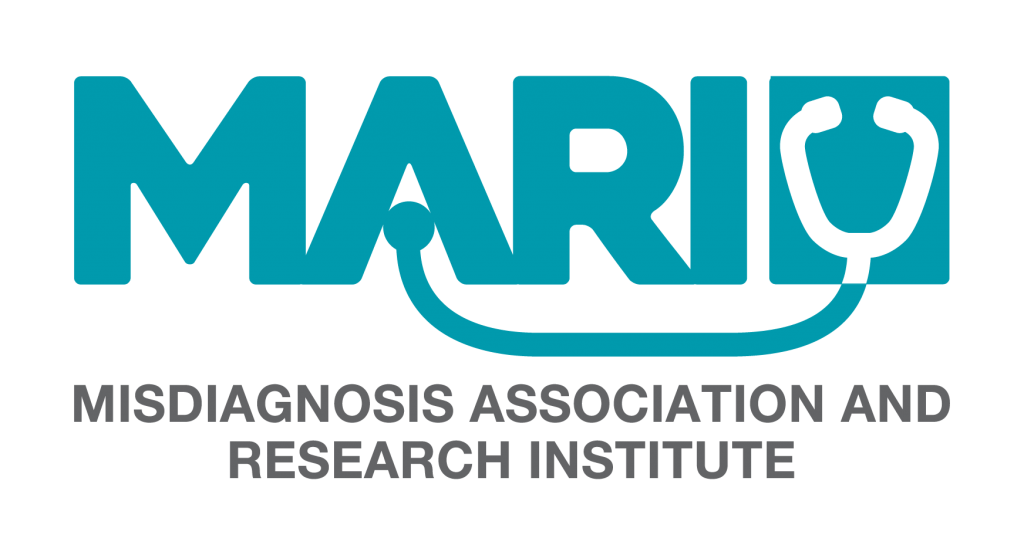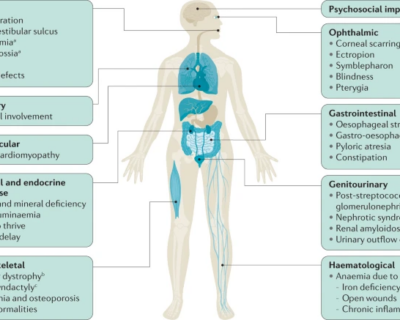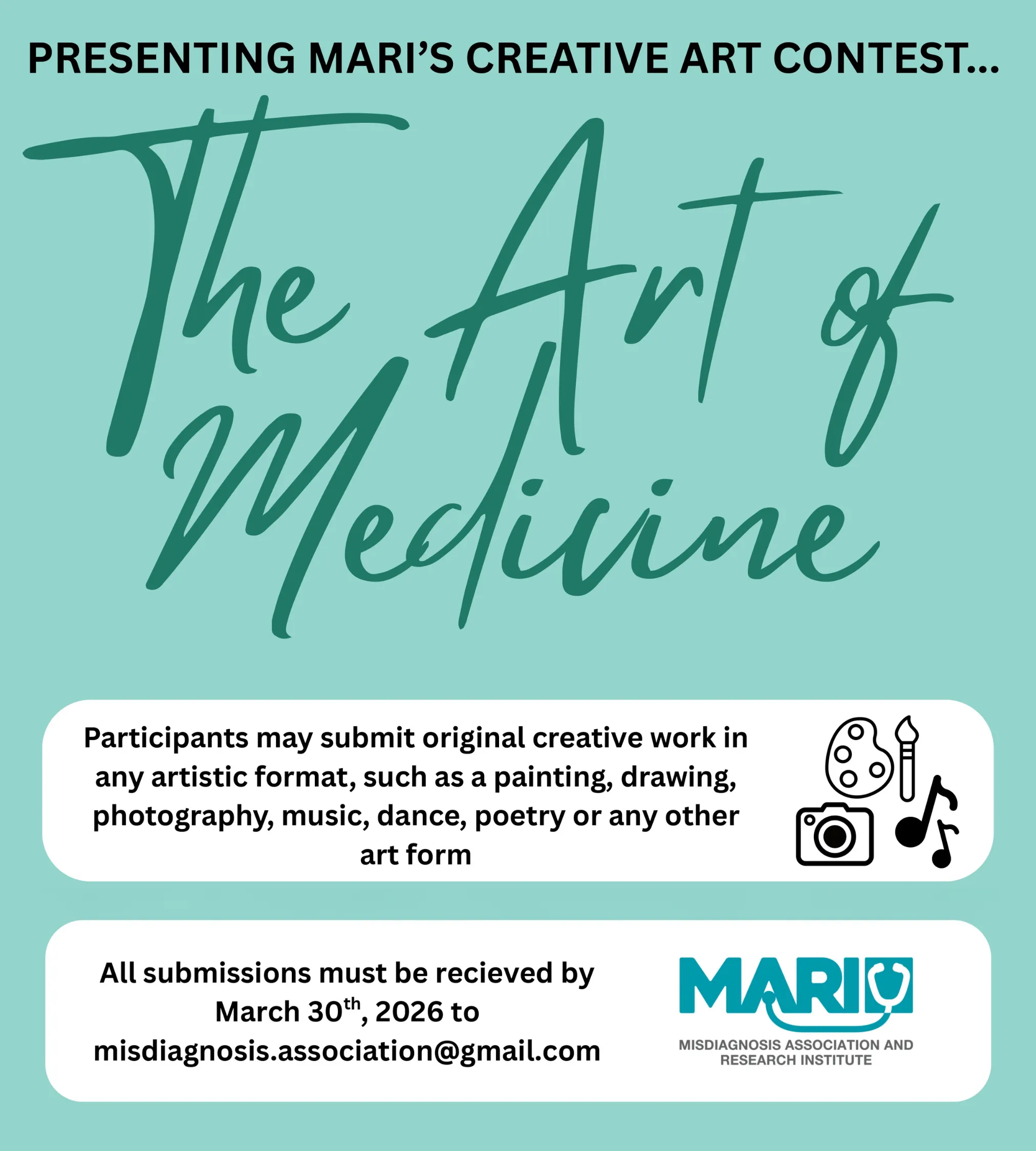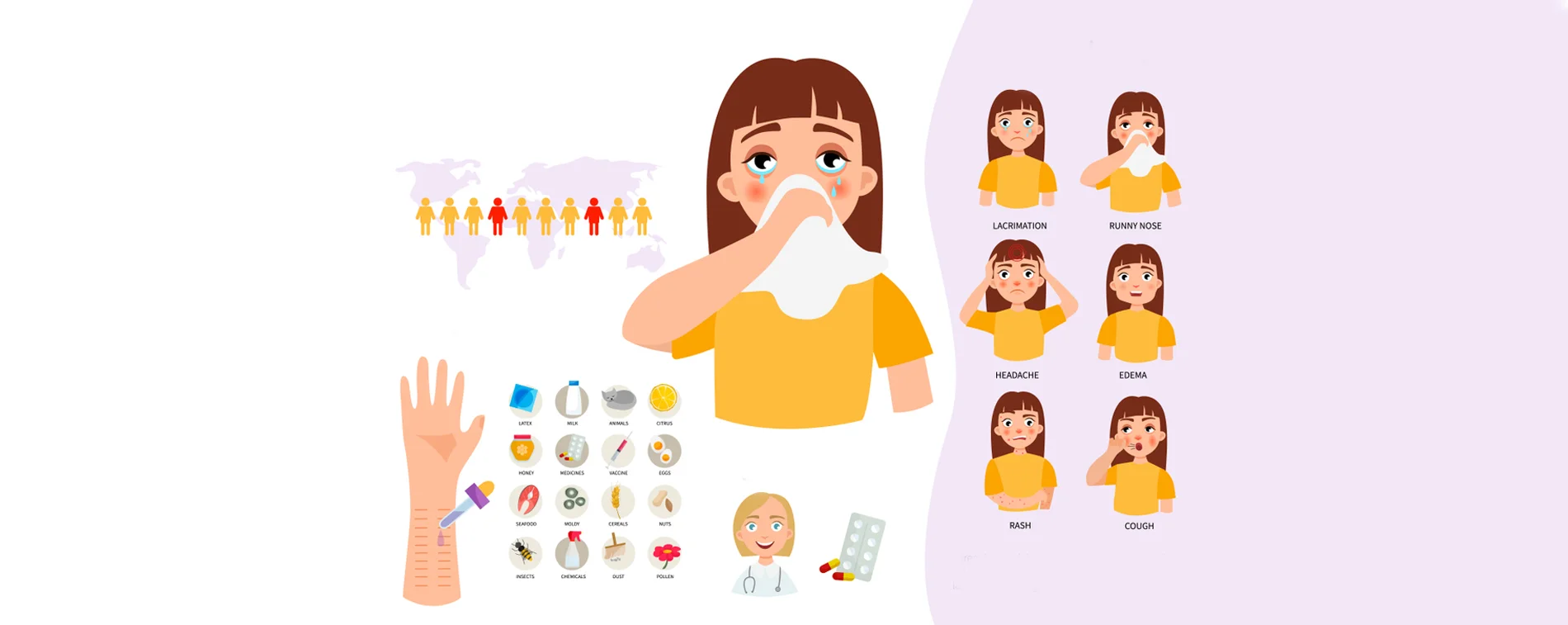
What is Allergy?
An Allergic reaction is the reaction of our body’s immune system when it identifies a specific substance as a harmful substance, even though it may not be. These substances may be harmless to most people. Allergens are what we call these substances. These substances are mostly found in dust mites, molds, insects, pets, pollen, foods and even medicines or medications. Allergy can also occur because of genetics; Atopy is the right name for it. It is the tendency that genetics have to develop allergic diseases. When people with allergies, or atopic people come in contact with allergens, their body may develop an immune reaction, this reaction can lead to allergic inflammation in longer terms. Allergic inflammation can cause symptoms in areas like, nose, eyes, skin and lungs.
In the nose or eyes, allergic inflammation can cause allergic rhinitis also known as hay fever, also instead of hay fever it could be conjunctivitis. It could have an effect in skin which results in eczema, or hives, and also can cause asthma in lungs.
Prevention of allergies
In short term, an allergic reaction is when the immune system within our body, find a new substance and mistakes it for a harmful substance and produces an antidote to fight against it even though it is not harmful for most people.
When an allergic reaction causes symptoms in the nose, it may result in hard and heavy sneezing which is harmful to your nose.
Though, some allergic reactions come from food. As an example, peanuts, seafood, dairy products and eggs are some of the foods that can cause allergic reactions in some people. If they eat a food that contains an allergen that they are allergic to, it can cause eczema, asthma, colic and stomach upset.

Most of the allergic reactions are not severe and life threatening and that is why they do not cause major problems. But not all people get the same allergic reaction as everyone else allergic to that same allergen, some allergic reactions are severe and only a small number of people might experience it; these severe allergic reactions are called anaphylaxis and if they occur, they need immediate life saving medication. Anaphylaxis allergens are a bit more limited than normal allergens. They include Foods, insects and some medications.
To summarize, here are the most common symptoms of having an allergic reaction:
- An itchy, runny or blacked nose with sneezing
- Red, watering and itchy eyes
- Wheezing, breath difficulty and coughing
- Red, itchy and raised skin rash
- Swollen tongue, eyes, lips or face
- Stomachache, diarrhea or vomiting
- Cracked, dry or red skin
On the other hand, in some people, allergic reaction a lot more severe and may lead to death if not taken care of immediately. These reactions are called anaphylactic reaction which can come from being allergic to a specific food or even the sting of an insect. This kind of severe reaction may cause you to go into shock and need an immediate shot of epinephrine or adrenaline in order to prevent any kind of severe condition. Here are the common symptoms of having an anaphylactic reaction:
- Loss of consciousness and fainting
- A sudden drop in blood pressure
- A breath difficulty that is severe
- Skin rash
- Lightheadedness
- A rapid, weak pulse
- Nausea and vomiting
In order to treat the allergic reaction, your doctor will give you medicines in order to ease the symptoms and reduce the immune system’s reaction to the allergen substance. Those medicines are usually OTC drugs but prescription drugs may also be recommended depending on the severity of the allergic reaction. Also, in order to help you with preventing possible future exposure to the allergens, your doctor can help you with identifying your allergens and how to avoid them.
